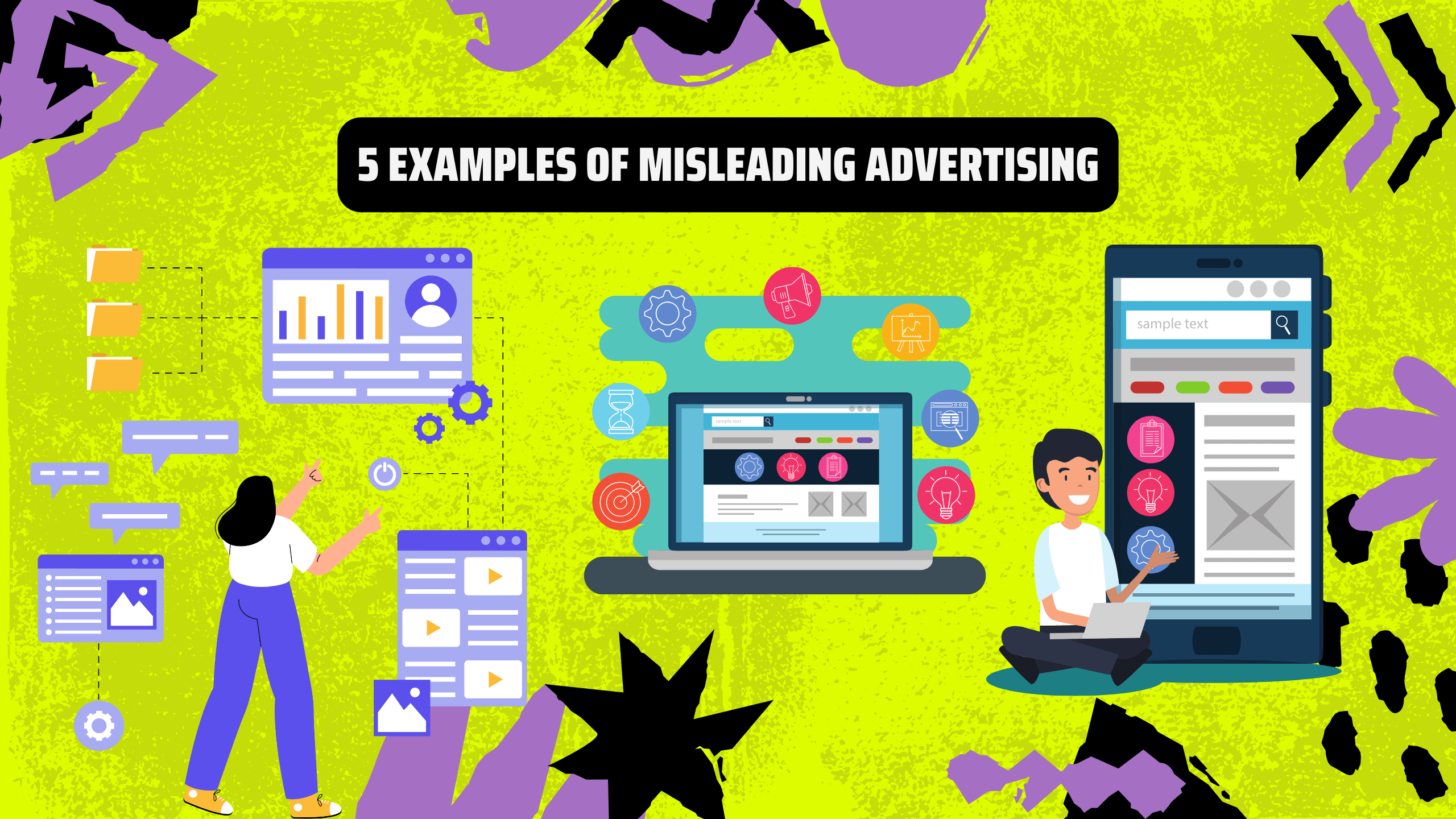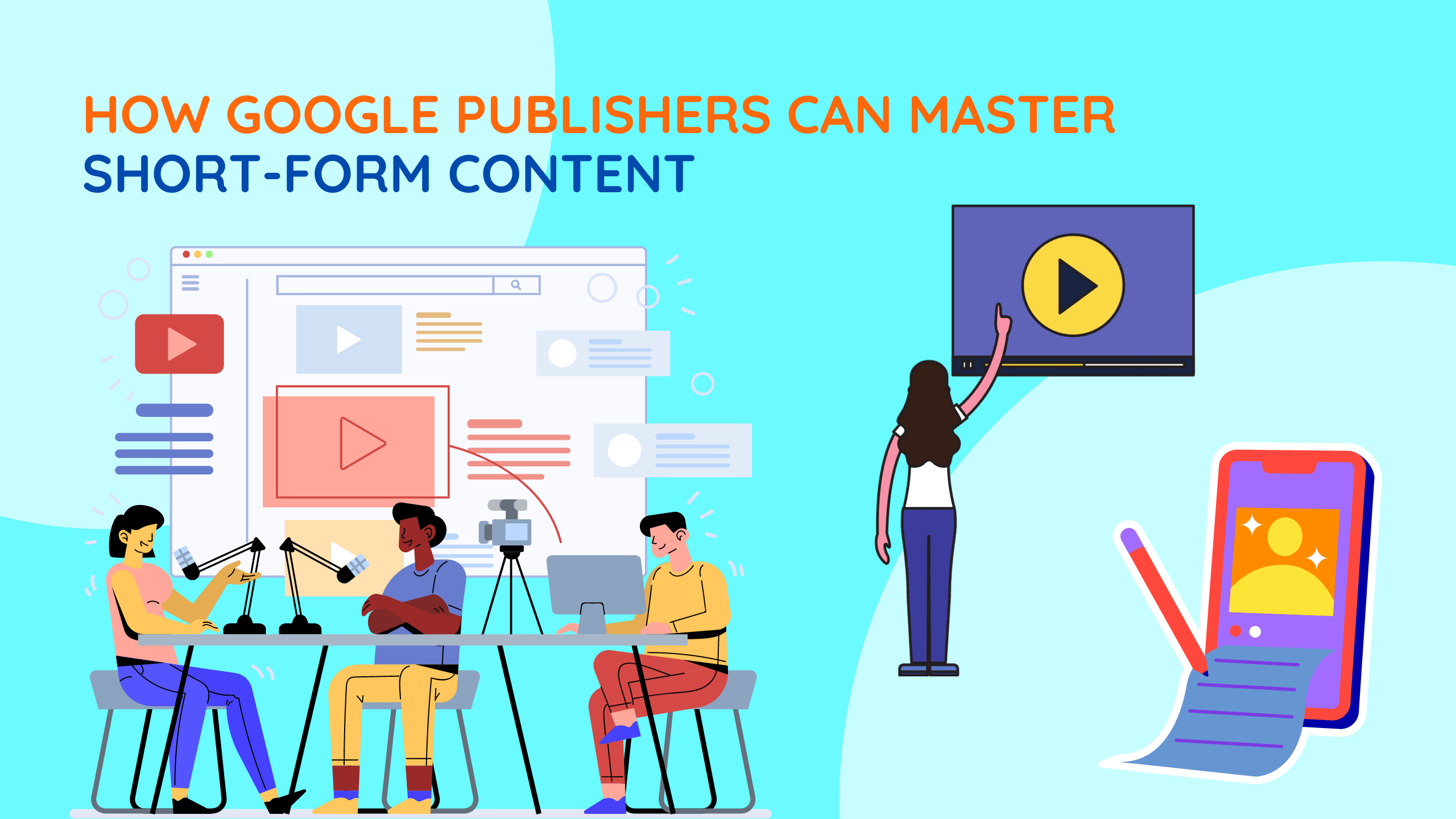Efficiently managing ad campaigns is a pivotal skill for publishers looking to maximize their online ad revenue and enhance user engagement. In this guide, we delve into the world of campaign management, tailored specifically for publishers. Get ready to uncover strategies that will propel your digital monetization efforts to new heights.
I. Overview of Campaign Management:
Campaign management involves the strategic planning, execution, and optimization of online advertising initiatives. For publishers, this encompasses overseeing a variety of ad formats, placements, and platforms. Successful campaign management ensures seamless ad delivery, optimal user experience, and, ultimately, higher revenue streams.
II. Key Components and Features of Campaign Management:
1. Ad Format Selection:
Publishers must choose ad formats that align with their content and user experience. From display and native ads to video and interactive formats, selecting the right format is crucial to maintaining a harmonious balance between content and advertising.
2. Target Audience Segmentation:
Effective campaign management involves understanding your audience’s preferences and segmenting them accordingly. This enables you to deliver tailored ads that resonate with specific user groups, resulting in improved engagement and conversion rates.
3. Platform Optimization:
Publishers often distribute their content across various platforms, including websites, apps, and social media. Optimizing ad placements and formats for each platform ensures that your campaigns reach the right audience with the right message.
III. Benefits of Effective Campaign Management:
1. Enhanced User Experience:
Strategic ad placements and relevant content contribute to a positive user experience, reducing ad fatigue and enhancing overall engagement.
2. Higher Revenue Potential:
Well-managed campaigns attract advertisers looking for valuable placements, leading to competitive bids and increased ad revenue.
3. Improved Reporting and Analytics:
Proper campaign management facilitates accurate tracking of ad performance, allowing publishers to make data-driven decisions for future optimizations.
IV. Best Practices for Publishers:
– Diversify Ad Formats: Experiment with a mix of ad formats to cater to different user preferences and improve overall engagement.
– Set Frequency Caps: Prevent ad oversaturation by implementing frequency caps to maintain a balanced user experience.
– Regular Monitoring and Optimization: Continuously monitor ad performance, adjust placements, and refine targeting to ensure campaigns remain effective over time.
V. Challenges and Considerations:
1. Ad Blockers:
The prevalence of ad blockers poses a challenge to campaign visibility. Publishers must explore strategies to mitigate ad blocking and ensure ads reach their intended audience.
2. Ad Viewability:
Ensuring ads are viewable is crucial for campaign success. Publishers must work to optimize placements and formats to increase ad viewability.
VI. Future Trends and Implications:
1. Programmatic Advertising:
The rise of programmatic advertising offers publishers more efficient ways to manage campaigns through automated buying and real-time optimization.
2. AI-Powered Optimization:
Artificial intelligence and machine learning will play a significant role in enhancing campaign management, enabling publishers to make data-backed decisions and achieve better results.
Conclusion:
Campaign management is a dynamic journey that requires publishers to adapt, optimize, and refine strategies. By implementing best practices, staying attuned to industry trends, and prioritizing user experience, publishers can master the art of campaign management, leading to increased ad revenue and user engagement. Embrace the tools and strategies discussed here to elevate your online monetization efforts to new heights.











